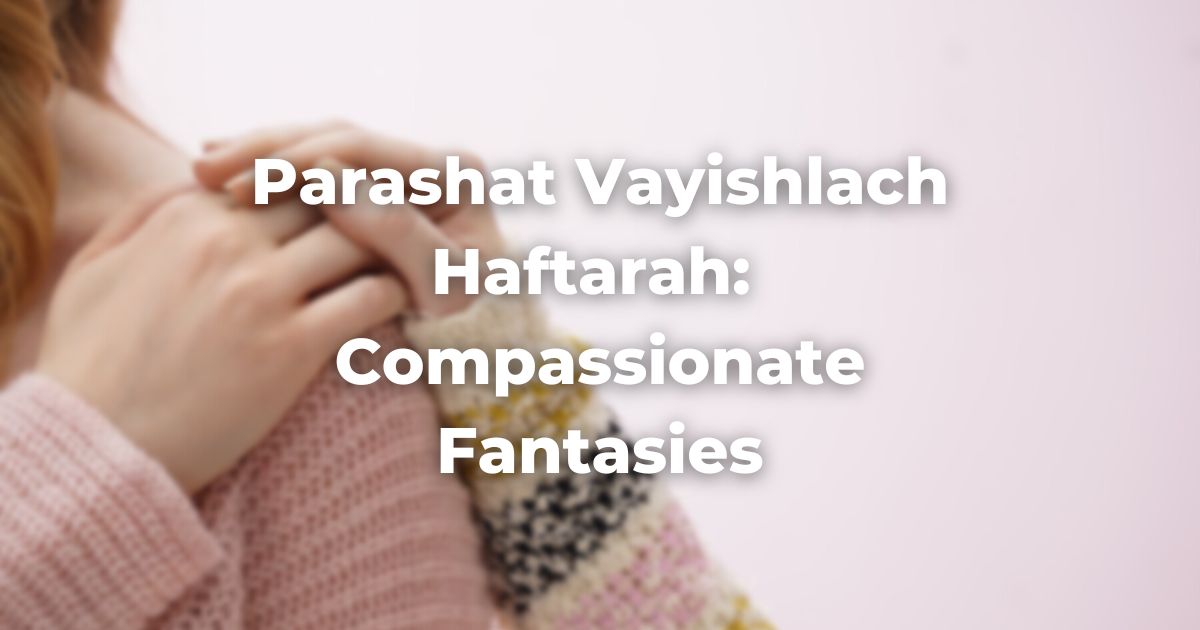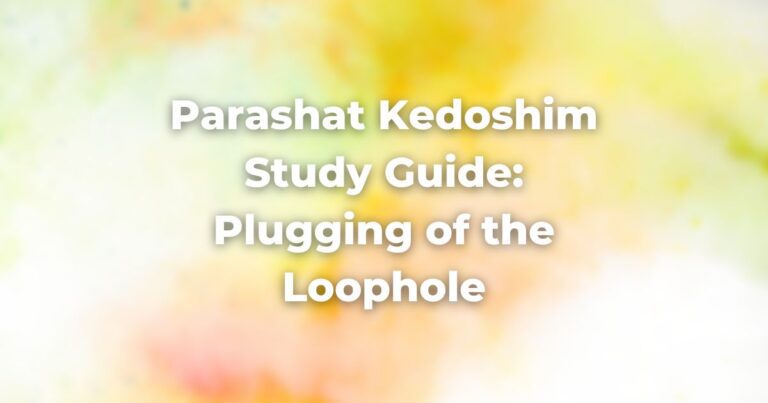Haftarah for Parashat Vayishlach
There is something terribly childish about having a fantasy of your parent scolding your sibling.
And yet, in the Book of Obadiah, we find ourselves telling the story of God rebuking the nation of Edom, addressing them rather than Israel.
In twenty-one short verses, Obadiah 1:1-21, we get to indulge in someone else’s suffering. Of course, much of the Bible promises that others will suffer, will get their just rewards. But usually, those are promises made to us, telling us that eventually these other nations will suffer as we have suffered, as happens in the Book of Amos just before the Book of Obadiah.
In the Book of Obadiah, we get to listen in to it happening, to God giving Edom a talking to, much as God has spent the rest of the prophetic books giving us a talking to.
Of course, it is a bit odd that this talking to, this address from God to Edom has a place in our Bible, nestled snugly in among the Twelve Minor Prophets.
What is God doing talking to Edom anyway? And why do we choose to report this text, to treat it as holy?
Our relationship with Edom is complicated.
The mess started way back in Genesis 25, in Rebecca’s womb. Jacob and Esau struggled inside of her.
God explained to Rebecca that from these two sons two nations would emerge. And then God goes on to say something incredibly cryptic: One of the nations will be stronger than the other. And the one will serve the other.
It is unclear which nation is which. They are identified as the “great” nation and the “young” nation, which is confusing enough. Additionally, grammatically, we cannot be sure which is the subject and which is the object.
With this incredibly unclear oracle in mind, Rebecca sets off to bring about her favored son, Jacob’s, assumption of the role of stronger, ruling nation.
From that point onward, it is a toss-up whether Israel, emerging from Jacob, is stronger than Edom, emerging from Esau.
Edom was already an established kingdom as we were leaving Egypt on our way to conquer Canaan. In fact, they refused to let us pass through their land.
Later, our first kings, Saul, David, and Solomon would successfully subjugate Edom. However, as time went on, Edom became more powerful in relation to Israel and Judah, raiding our kingdoms and joining forces with the Assyrians.
We suspect them of collaborating with Babylon in the fall of Jerusalem and the destruction of the Temple. But once we re-enter the land after exile, the power and scope of the Edomites is already on the decline.
Somewhere during this history, the Book of Obadiah is written, addressed to Edom, our brother, our twin.
When we read these words addressed to another, to our occasional enemy, it is easy to gloat.
It is easy to feel relief that for once, it is not us receiving the wrath of our angry God.
We recognize many of the phrases God uses against Edom as things God has said against us. And it feels good to hear them addressed to someone who has caused us to suffer.
However, even as we delight in the perverse pleasure of schadenfreude, we hear again and again that Edom is our brother. We remember the oracle to Rebecca. Our destinies are tied together, eternally switching places, bound in our desire to rule and fated to be ruled.
To read the Book of Obadiah, to treat this text as holy, means to read with compassion for the other, the brother. It means to be able to recognize someone else’s suffering as our own, if only for twenty-one short verses.
See More: Parashat Vayishlach
Originally posted as part of the Conservative Yeshiva at the Fuchsberg Jerusalem Center’s Torah Sparks. Support TorahRefers to the first five books of the Hebrew Bible, the Tanakh, also called the Five Books of Moses, Pentateuch or the Hebrew equivalent, Humash. This is also called the Written Torah. The term may also refer to teachings that expound on Jewish tradition. Read more learning from the Fuchsberg Jerusalem Center/Conservative Yeshiva for leaders and seekers around the world here.
Authors
-

Bex Stern Rosenblatt is the Conservative Yeshiva’s Faculty-in-Residence for the Mid-Atlantic Region of the United States, teaching Tanach, using the techniques of close-reading, theater, feminist readings, and traditional commentators. Bex also directs the CY’s recruitment efforts in North America. After finishing her B.A. in History and German at Williams College, Bex received a Fulbright Grant to Austria. She later earned an M.A. in TanakhAn acronym for the name of the Hebrew Bible: Torah, Neviim, and Ketuvim. Read more from Bar Ilan University and has also studied at the Conservative Yeshiva and Bina Jerusalem. Bex is the founder of HavrutaA study partner. A hevruta is more than just a ‘study buddy’ it is a serious and personal relationship between colleagues. Also spelled: Havruta Read more Tel Aviv, an organization that facilitates guided pair-learning of the Tanakh.
View all posts -



The Fuchsberg Jerusalem Center (FJC) is a home in the heart of Jerusalem where leaders and seekers can find an authentic place in Jewish tradition to call their own. FJC offers opportunities to study, pray and explore within an egalitarian and inclusive setting, creating multiple pathways for finding personal and communal meaning.
View all posts






